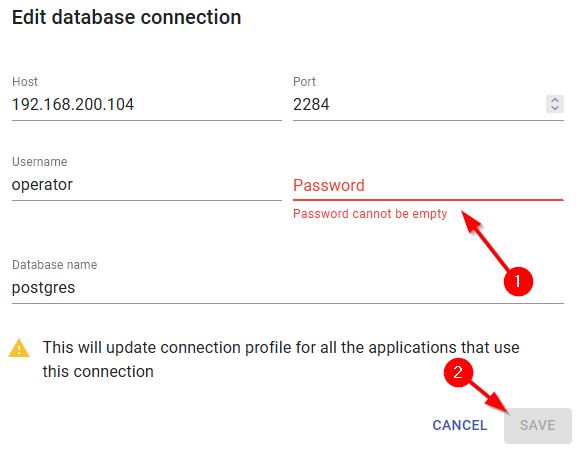

Late last month, news emerged that Google had notified over 2 billion Gmail users. These reports suggested that Google was dispatching urgent alerts to users, urging them to examine their account security to prevent heightened data phishing attempts — a tactic used by hackers to deceive users into revealing their account details through malicious methods. However, Google has since clarified that no such notifications were sent and that Gmail users do not face immediate security threats, contradicting the earlier claims.
“We aim to reassure our users that Gmail’s defenses are robust and effective. A number of inaccurate assertions have recently emerged, incorrectly claiming that we issued a sweeping alert to all Gmail users regarding a significant Gmail security concern. This is fundamentally untrue,” the company stated in a post on its Workspace blog. Google further pointed out that while phishers relentlessly seek new methods to “penetrate inboxes,” its various Gmail defenses continue to block “over 99.9% of phishing and malware efforts from reaching users.”
Even with this in mind, it remains essential to adhere to safe online security measures. This entails regularly updating your password and ensuring it is a strong one that isn’t easily compromised.
Update your password regardless
Numerous companies, including Google, have begun advocating for more passwordless login alternatives such as passkeys. Nonetheless, passwords have not been completely eliminated. Thus, even if you employ another login method, you should always ensure your password is robust and difficult to crack. While changing your password every six months or so is an option, it is no longer as critical as it once was. Instead, focus on the strength of your password. Security professionals now assert that frequently changing your password is less crucial, and some even argue that excessive changes may be counterproductive.
While Google asserts that Gmail accounts are not under heightened risk at the moment, safeguarding your account should always be a priority. First, verify that your chosen password is strong. Next, ensure that you’re not using that password elsewhere, as reusing passwords across multiple accounts or services increases the risk of it being exposed or compromised.
That said, it is important to acknowledge that Gmail scams are indeed real. You should never trust phone calls purporting to be from Google, as these scams are becoming increasingly common as call spoofing technologies become more accessible due to AI advancements.